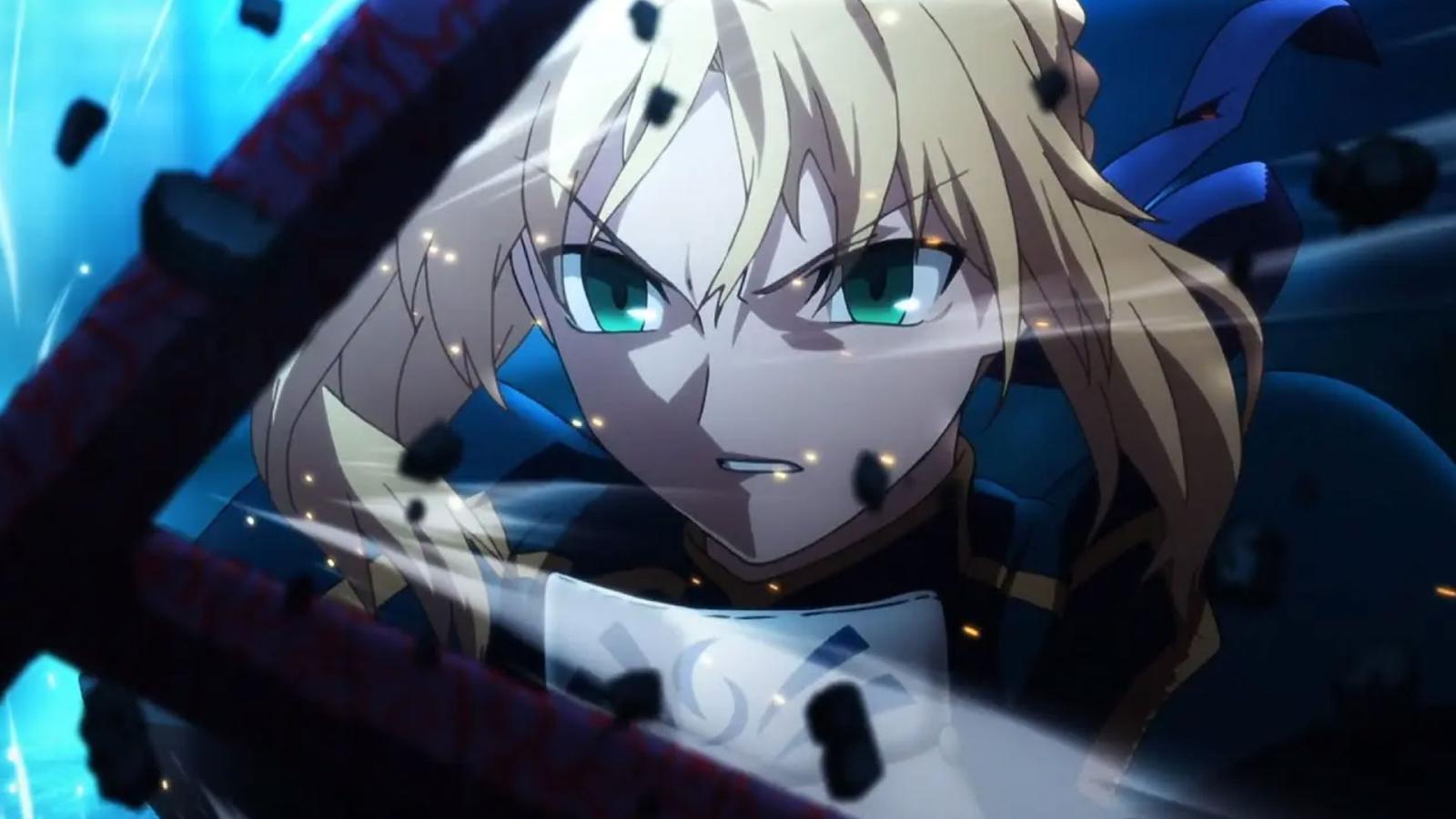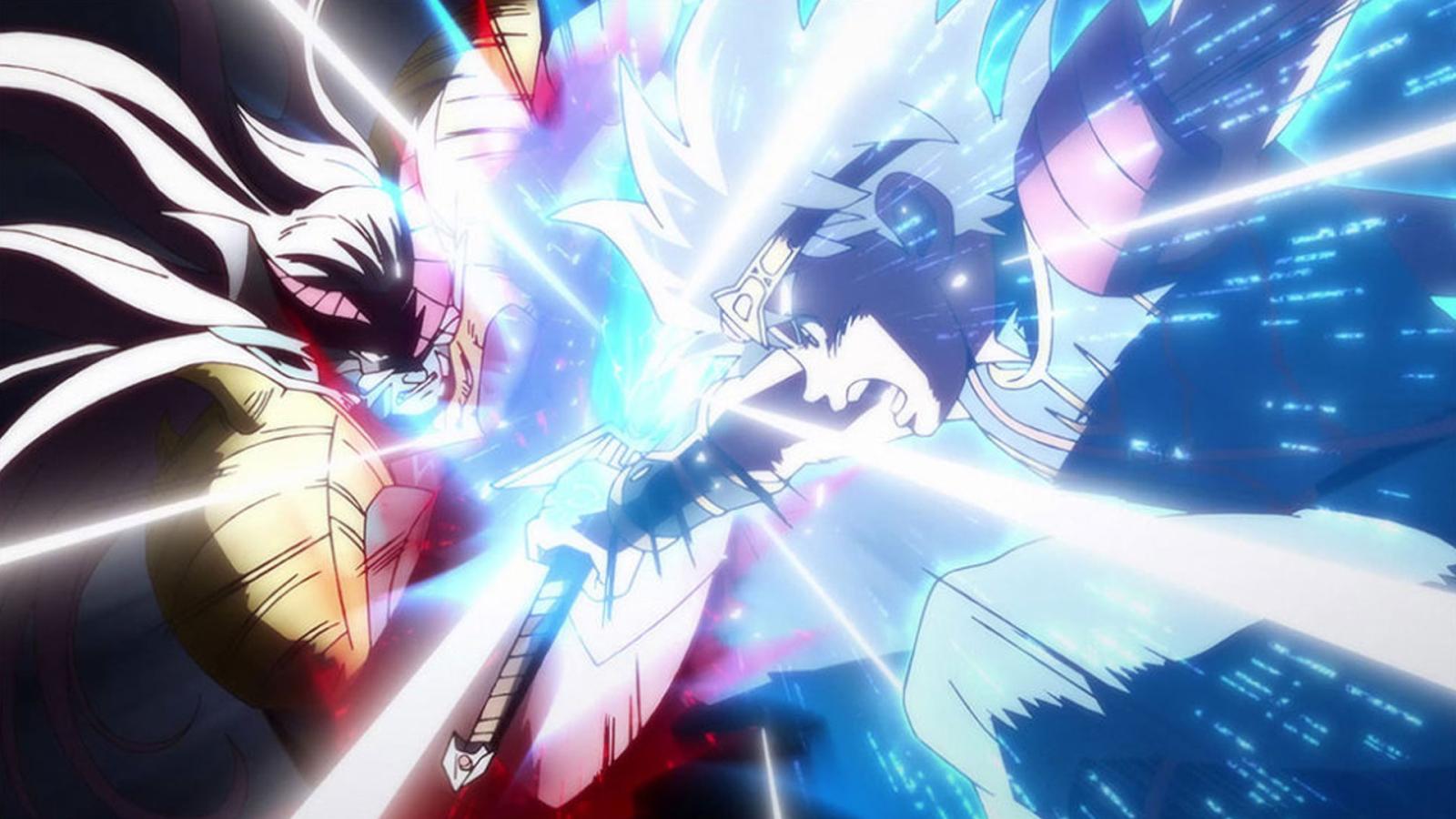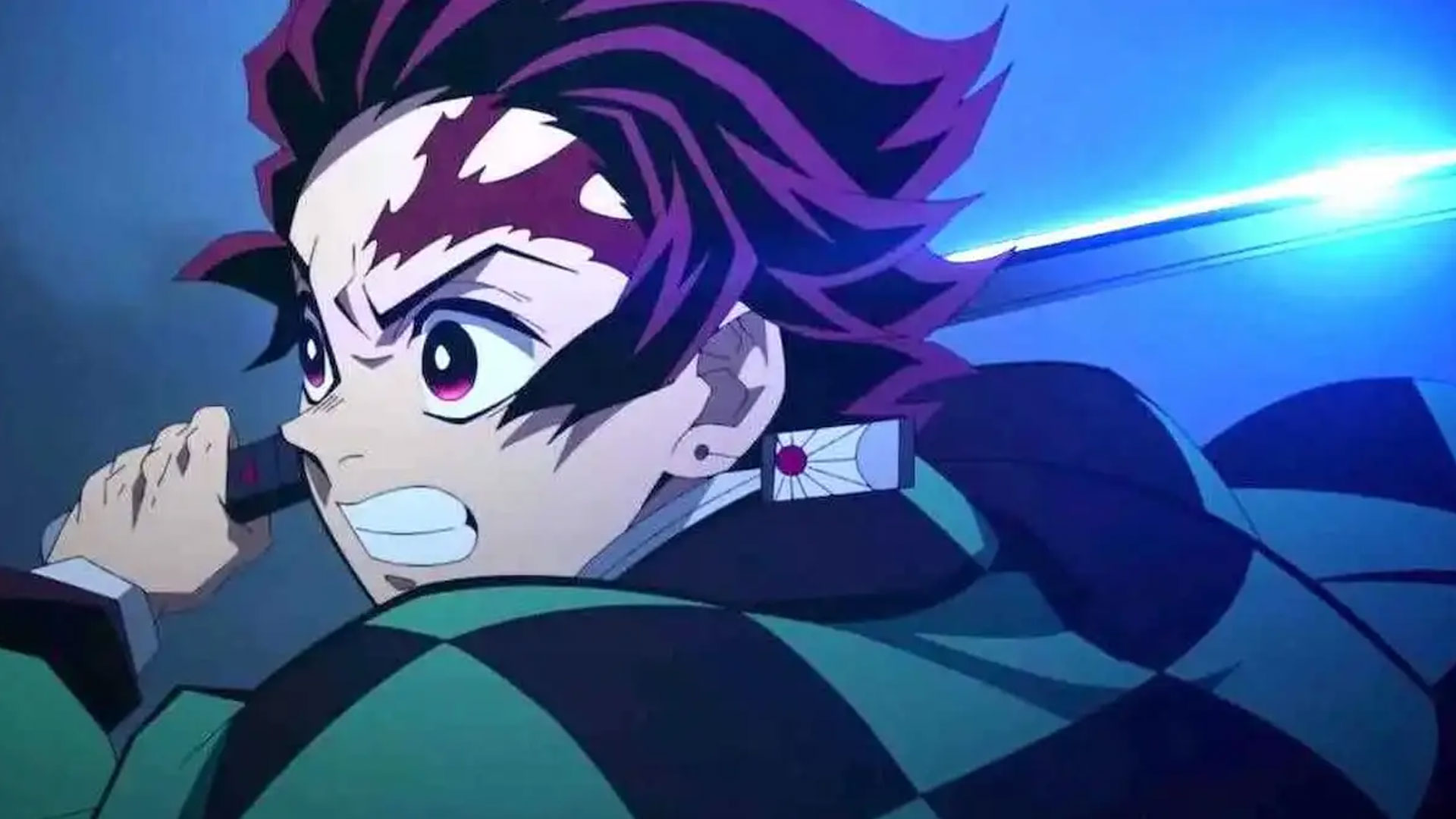The genre isn’t just isekai.
Summary:
- After Demon Slayer won the “Best Fantasy” award at the Crunchyroll Anime Awards 2024, fans wonder if it even counts as one.
- Some feel that being set in a real historical period excludes it from being a fantasy series.
- Fantasy is not limited to just isekai and game-like series.
It can often be hard to define the boundaries of a certain genre. That is a problem in anime as well — for example, fans can never agree on what “isekai” actually means. Even if there seems to be a silent agreement about what a certain genre actually entails, it’s not that simple.
A recent example of that is the controversy that arose from Demon Slayer (Kimetsu no Yaiba) winning the “Best Fantasy” category at the Crunchyroll Anime Awards 2024. Many fans disagree with classifying the series as fantasy — but it is actually an almost textbook example of one.
Does “historical” automatically mean fantasy?
.jpg)
At first glance, Demon Slayer might not look like your typical fantasy anime. It isn’t even set in a fantasy world — it takes place in Taisho Era Japan (1912-1926). As such, would something like The Apothecary Diaries (Kusuriya no Hitorigoto) count as fantasy as well, as it is set in medieval China?
The key difference between The Apothecary Diaries and Demon Slayer, however, is that the former is mostly realistic. It doesn’t have any magical or supernatural elements in it, unlike Demon Slayer — the whole premise of which is the existence of demons and people using their breathing styles (essentially magic) in combat.
A real-world setting doesn’t make an anime not fantasy

Just because a series is set in the real world doesn’t mean it’s not fantasy. For example, Fate/Zero takes place in modern Japan — in fact, most Fate anime take place in the real world. That doesn’t suddenly exclude them from the genre, as they still have obvious fantasy elements and magic.
Demon Slayer is very similar in that regard. Yes, the background is real-life history, but the entire setup is only possible in fantasy series. Demon Slayer just has traditional Japanese elements instead of ones fans usually see in anime.
Problems with genre definition

It seems that recently, fantasy — at least in anime — has been associated with isekai series and such. That’s completely wrong, though: that kind of mindset stems from the overabundance of isekai series (and anime using similar elements).
A lot of fantasy anime nowadays borrow concepts from European fantasy as well as from games like Dragon Quest — which may make fans feel that’s what “fantasy” entails.
However, anime like Demon Slayer are also fantasy. And, if you actually look at the list of nominees for the genre in the Crunchyroll Anime Awards, you’d find that it’s not even the only historical fantasy series on there — Hell’s Paradise (Jigokuraku) was also nominated.

